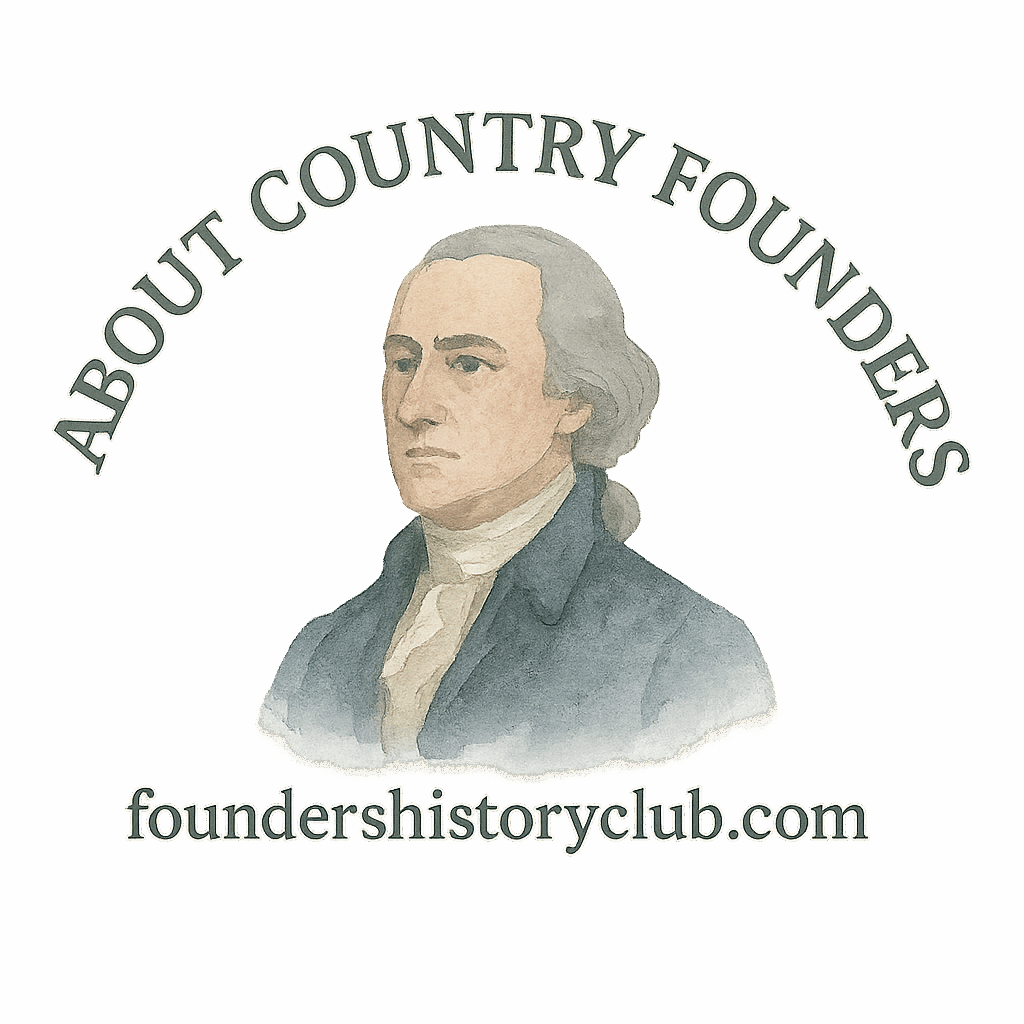Introduction to Socialist States
Ever wonder who actually made socialism a functioning reality, not just a theory? In this article, we’re diving deep into the stories of eight groundbreaking leaders who didn’t just dream about socialism—they built entire nations around it.
What Defines a Socialist State?
A socialist state is one where the means of production are collectively owned, wealth is redistributed, and the economy is directed toward public welfare rather than profit. But what really defines a socialist state?
Core Principles of Socialism
- Collective ownership of resources
- Centralized or state-led planning
- Economic equality and class struggle resolution
- Prioritization of education, health, and welfare
Historical Roots of Socialist Ideology
Socialism traces its origins to thinkers like Karl Marx and Friedrich Engels. Their vision inspired revolutionary leaders globally who reshaped history and governance.
The Legacy of Founders in Socialist History
Great change doesn’t just happen. It takes visionaries, risk-takers, and firebrands to light the way.
Importance of Leadership in Political Movements
Without a driving force, ideologies remain ink on paper. Socialist founders often led armed revolutions or mass movements.
The Role of Revolution in Socialist State Formation
From guerrilla warfare to political coups, revolution was the tool many founders used to overturn capitalist or colonial systems.
1. Vladimir Lenin – Soviet Union
The architect of the world’s first socialist state, Lenin turned Marxist dreams into reality in 1917.
Lenin’s Revolutionary Strategy
He transformed the Bolshevik Party into a disciplined revolutionary vanguard, laying groundwork for what became the USSR.
The Bolshevik Revolution and Aftermath
Post-revolution, he nationalized industry, redistributed land, and brutally suppressed opposition, marking a radical shift in governance.
Internal Link: Founders by Era
2. Mao Zedong – People’s Republic of China
Chairman Mao took Lenin’s blueprint and adapted it to Chinese realities, creating a unique form of socialism.
The Long March and Rise to Power
The Long March (1934–35) was Mao’s turning point—transforming him into the undisputed leader of Chinese Communism.
Cultural and Economic Policies
His Great Leap Forward and Cultural Revolution were controversial but undeniably transformative.
Internal Link: Global Inspiration
3. Fidel Castro – Cuba
Fidel Castro led a ragtag group of rebels to overthrow Batista and build a socialist state just 90 miles from the U.S.
Cuban Revolution Origins
Castro’s movement gained traction with promises of land reform, literacy, and healthcare for all.
Socialist Reforms and International Impact
Under Castro, Cuba became a symbol of resistance, offering healthcare and education as socialist showpieces.
Internal Link: Revolutionary Founders

4. Kim Il-sung – North Korea
Founder of the Democratic People’s Republic of Korea, Kim introduced the world to Juche—self-reliance on steroids.
Foundation of Juche Ideology
Blending Marxism with nationalism, Juche created a unique, highly centralized, and militarized form of socialism.
Dynastic Socialism and Militarism
North Korea remains one of the most extreme examples of state socialism fused with personality cult.
Internal Link: Controversy
5. Ho Chi Minh – Vietnam
Ho was not only a socialist, but a freedom fighter, aiming to free Vietnam from French and American control.
Anti-Colonial Struggle and Independence
He unified Vietnam under a single socialist banner, defeating both colonial and capitalist forces.
Building a Socialist Vietnam
His leadership laid the foundation for the modern Vietnamese state, emphasizing education and rural reform.
Internal Link: Independence Leaders
6. Josip Broz Tito – Yugoslavia
Tito carved out a third way—socialism that was neither Soviet nor Western, but distinctively Yugoslav.
Partisan War Hero Turned Socialist Leader
A WWII hero, Tito rejected Stalinism and pursued a decentralized, worker-managed socialism.
Non-Aligned Movement Leadership
He was instrumental in the Non-Aligned Movement, balancing socialism with global diplomacy.
Internal Link: Comparative History
7. Salvador Allende – Chile
Allende made history as the first democratically elected Marxist leader in the Western Hemisphere.
Democratic Path to Socialism
He aimed to reform Chile’s economy through nationalization and wealth redistribution—without violence.
Legacy and the Pinochet Coup
His overthrow sparked global debate over democracy and socialism.
Internal Link: Cultural Memory
8. Thomas Sankara – Burkina Faso
Often called the “African Che Guevara,” Sankara was all about self-reliance, anti-imperialism, and women’s rights.
The African Che Guevara
He renamed the country Burkina Faso, meaning “Land of the Upright People,” symbolizing dignity and pride.
Revolutionary Reforms in a Post-Colonial State
Sankara promoted vaccination, food self-sufficiency, and anti-corruption measures.
Internal Link: Founders by Continent
Conclusion: Patterns, Challenges, and Impact
Despite differences in culture and geography, these eight leaders share a radical vision of equality and justice. While some veered into authoritarianism, others remain icons of progress. What’s clear is that socialism’s legacy is deeply intertwined with the people bold enough to make it happen.
FAQs
1. What is a socialist state? A country where the government controls major resources and production, aiming for economic equality.
2. Why did many socialist states become authoritarian? Centralized power structures often lacked checks and balances, leading to authoritarianism.
3. Who was the first socialist leader? Vladimir Lenin, founder of the Soviet Union in 1917.
4. Did socialism succeed in any country? That depends on how you define success. Some, like Cuba, excel in healthcare and education.
5. Was socialism always revolutionary? Not always—Allende’s Chile attempted a democratic path to socialism.
6. What’s the difference between socialism and communism? Communism is a more extreme form, often seen as the end goal of socialism.
7. Where can I learn more about historical founders? Visit Founders History Club for deep dives and resources.


